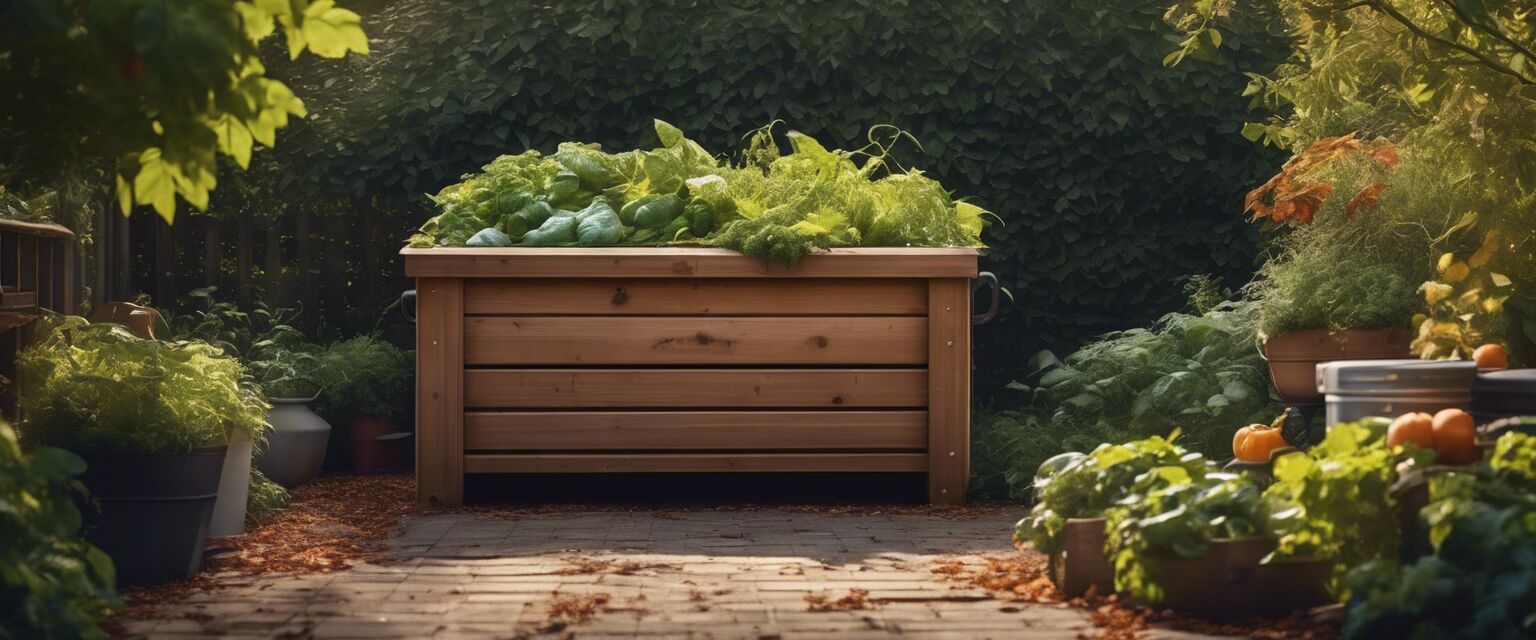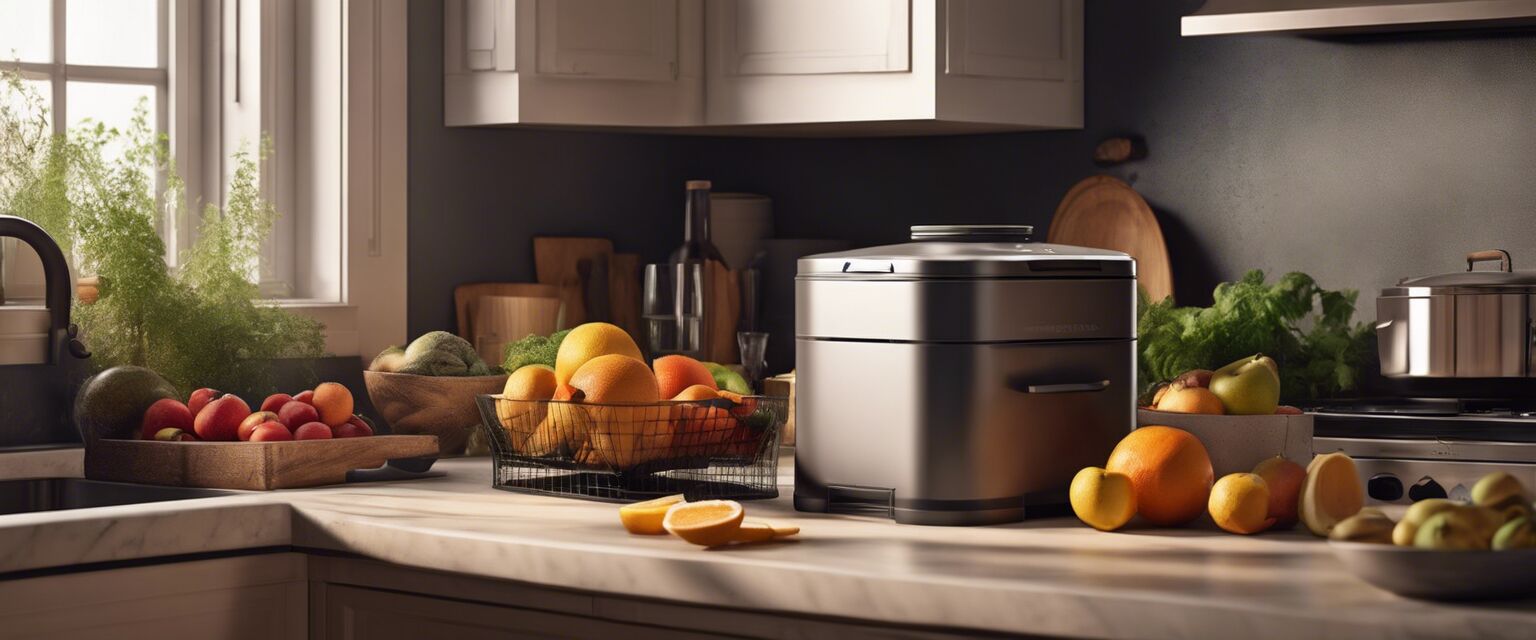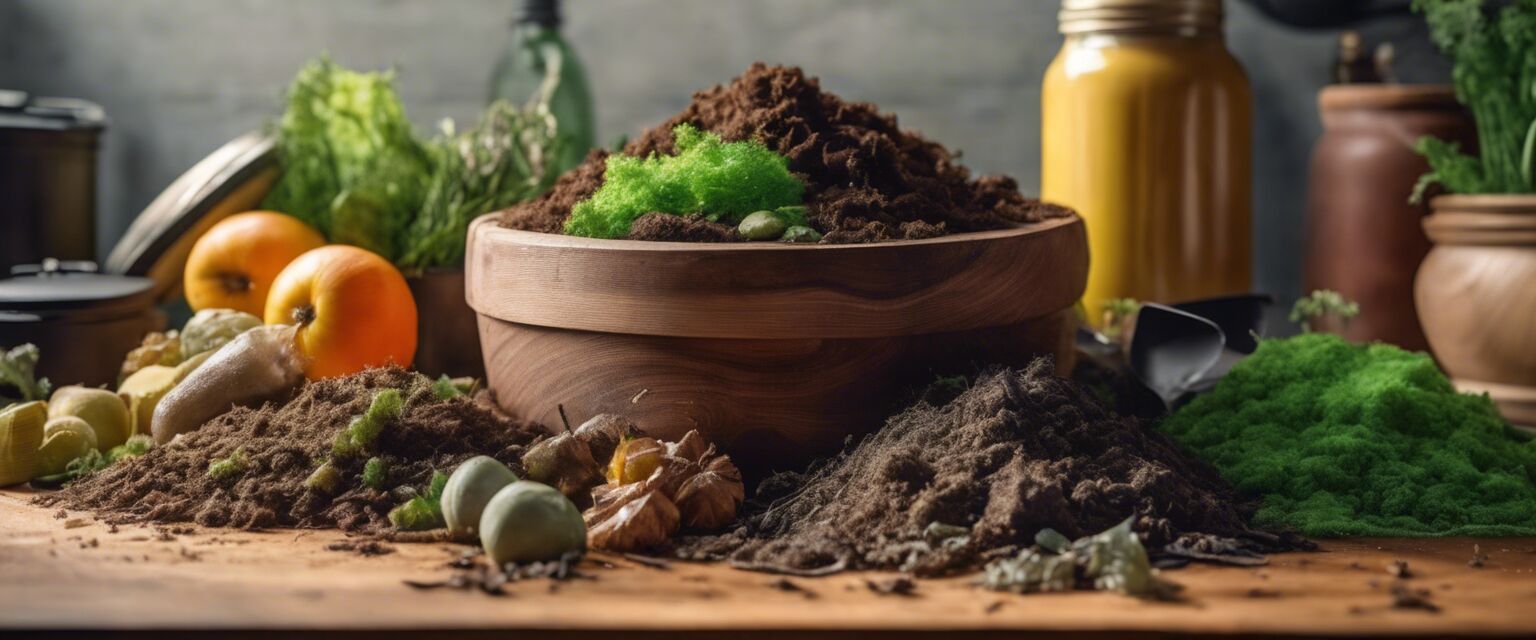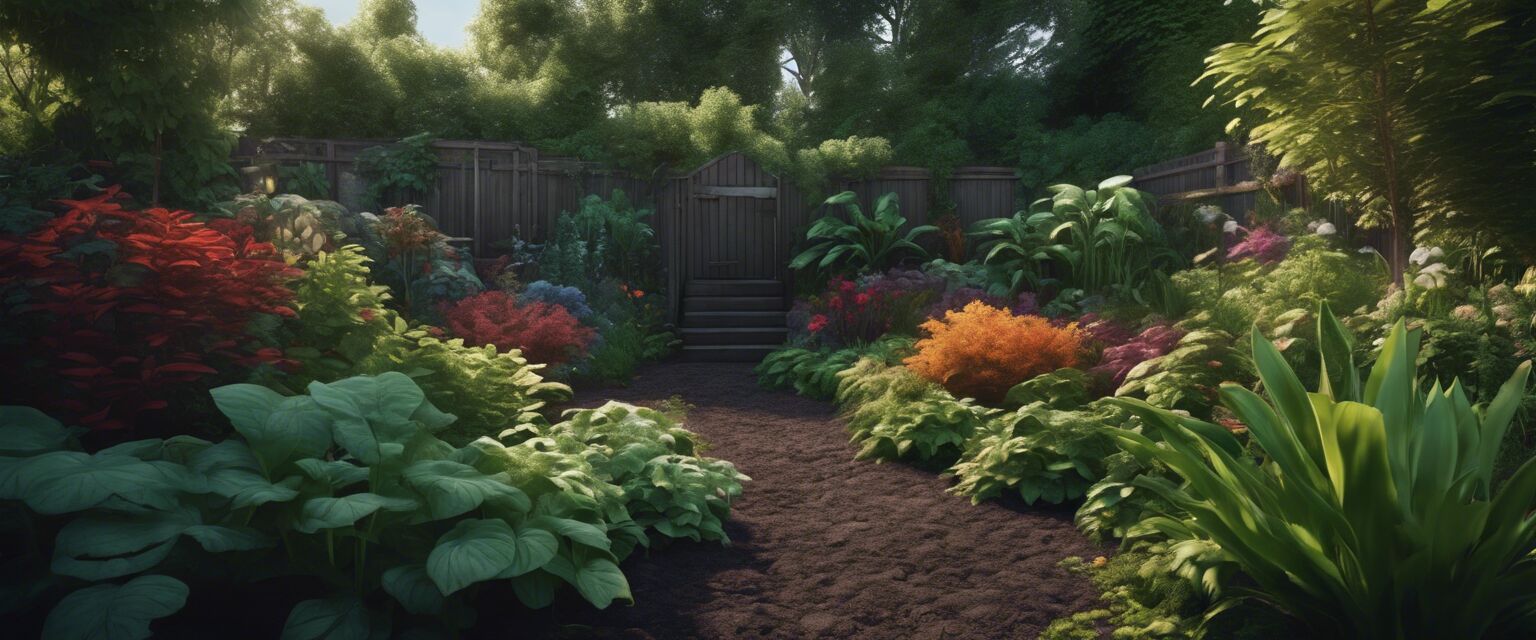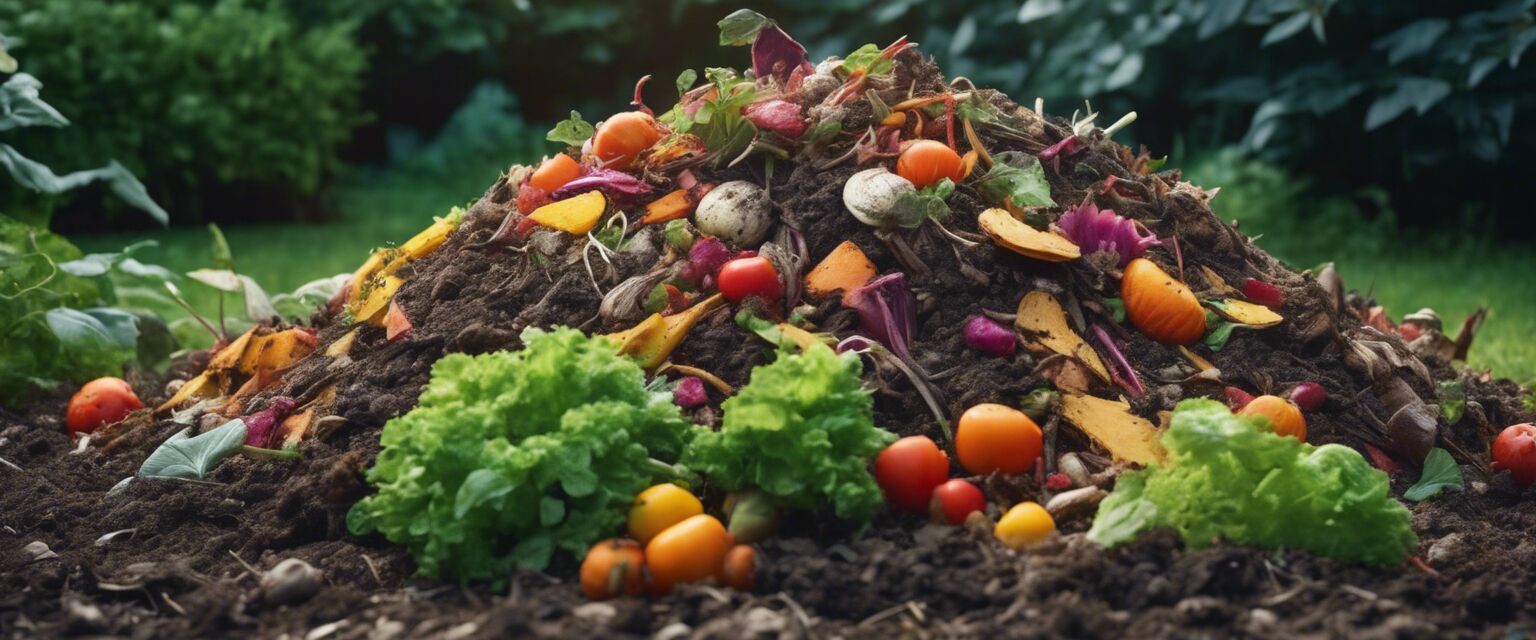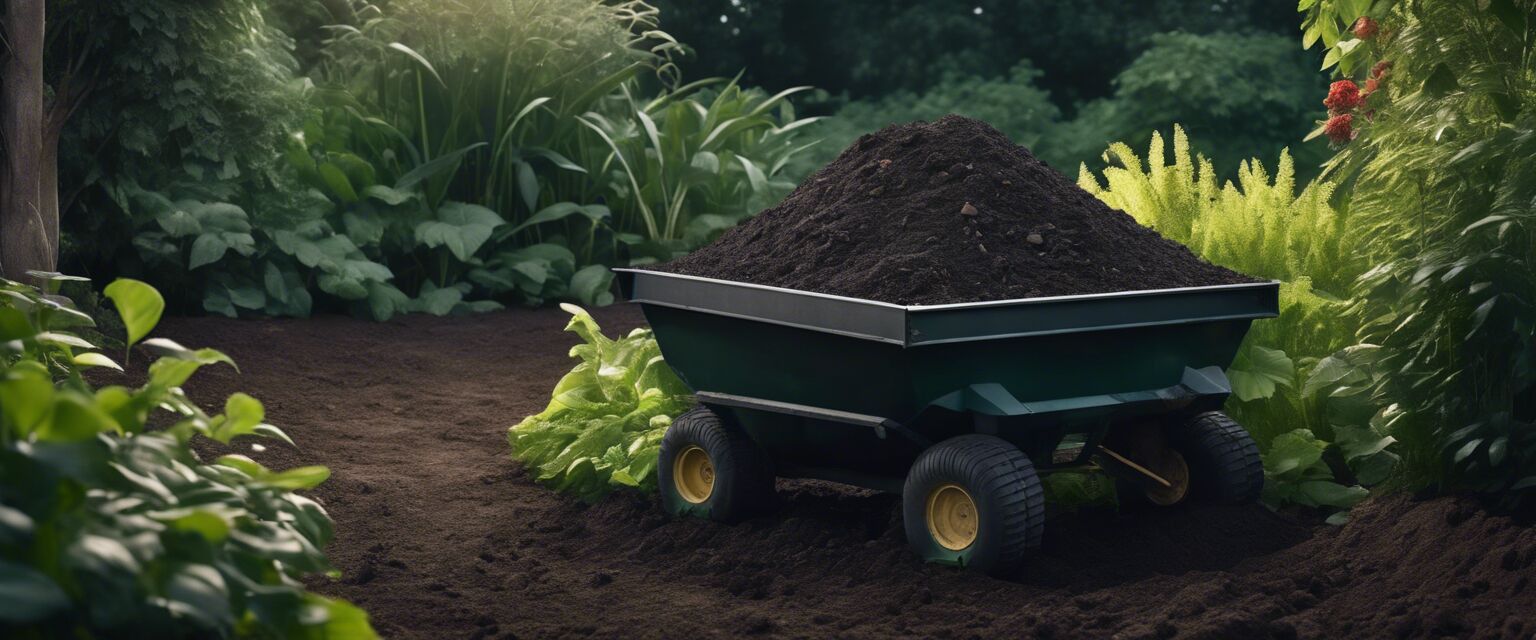
Using Finished Compost
Key Takeaways
- Finished compost improves soil structure and fertility.
- Signs of readiness include a dark color, earthy smell, and crumbly texture.
- Compost can be used as mulch, soil amendment, or potting mix.
- Enhances moisture retention and promotes healthy plant growth.
Composting is a fantastic way to recycle organic waste and create a nutrient-rich amendment for your garden. Finished compost is a valuable resource that can significantly enhance the health of your plants and soil. In this guide, we'll explore how to effectively use finished compost, identify when it's ready, and understand the numerous benefits it offers to your gardening efforts.
What is finished compost?
Finished compost is the end product of the composting process, where organic materials have decomposed into a dark, crumbly substance. It is rich in nutrients and beneficial microorganisms, making it an excellent addition to any garden.
Signs of readiness
Identifying when your compost is finished is crucial for maximizing its benefits. Here are some signs to look for:
| Sign | Description |
|---|---|
| Color | Dark brown or black, similar to rich soil. |
| Smell | An earthy aroma, with no foul odors. |
| Texture | Crumbly and soft, with no recognizable food scraps or large particles. |
| Temperature | Cool to the touch, indicating that the decomposition process has stabilized. |
Benefits of using compost
Using finished compost in your garden has several advantages:
- Improves soil structure: Compost helps to aerate soil and improve drainage.
- Enhances nutrient content: Provides essential nutrients for healthy plant growth.
- Promotes beneficial microorganisms: Supports a healthy ecosystem in the soil.
- Increases moisture retention: Helps retain water in the soil, reducing the need for frequent watering.
How to use finished compost
There are various ways you can incorporate finished compost into your gardening routine:
1. As a soil amendment
Mix finished compost into your garden soil to improve its structure and nutrient profile. This is especially beneficial for poor or compacted soils.
2. As mulch
Spread a layer of finished compost on the surface of your garden beds. This helps retain moisture, suppress weeds, and slowly adds nutrients as it breaks down.
3. In potting mixes
Combine finished compost with other materials like peat moss and perlite to create a rich potting mix for container gardening.
4. For top dressing
Top dress your established plants with a layer of finished compost to provide a nutrient boost throughout the growing season.
Comparison of compost usage methods
| Usage Method | Benefits | Best For |
|---|---|---|
| Soil amendment | Improves soil structure and fertility. | Garden beds and planting areas. |
| Mulch | Reduces water evaporation and suppresses weeds. | Garden beds and around trees/shrubs. |
| Potting mix | Provides a balanced growing medium. | Container plants and indoor gardening. |
| Top dressing | Boosts nutrients to existing plants. | Established garden plants. |
Tips for beginners
Getting started with composting
- Start small: Begin with a compost bin or pile in your backyard.
- Use a variety of materials: Combine green (nitrogen-rich) and brown (carbon-rich) materials for optimal composting.
- Keep it moist: Ensure your compost is damp but not soggy.
- Turn it regularly: Aerating your compost helps speed up the decomposition process.
- Be patient: Good compost takes time, but the wait is worth it!
Conclusion
Using finished compost is a simple yet effective way to enhance your garden's health and productivity. By recognizing the signs of readiness, understanding the benefits, and applying it through various methods, you can transform your gardening experience. Whether you're a beginner or a seasoned gardener, incorporating compost into your routine will lead to thriving plants and a bountiful garden.
Pros
- Enhances soil fertility and structure.
- Reduces the need for chemical fertilizers.
- Promotes a sustainable gardening practice.
- Helps to recycle organic waste.
Cons
- May require time and effort to produce.
- Improperly managed compost can attract pests.
- Not all materials are suitable for composting.
